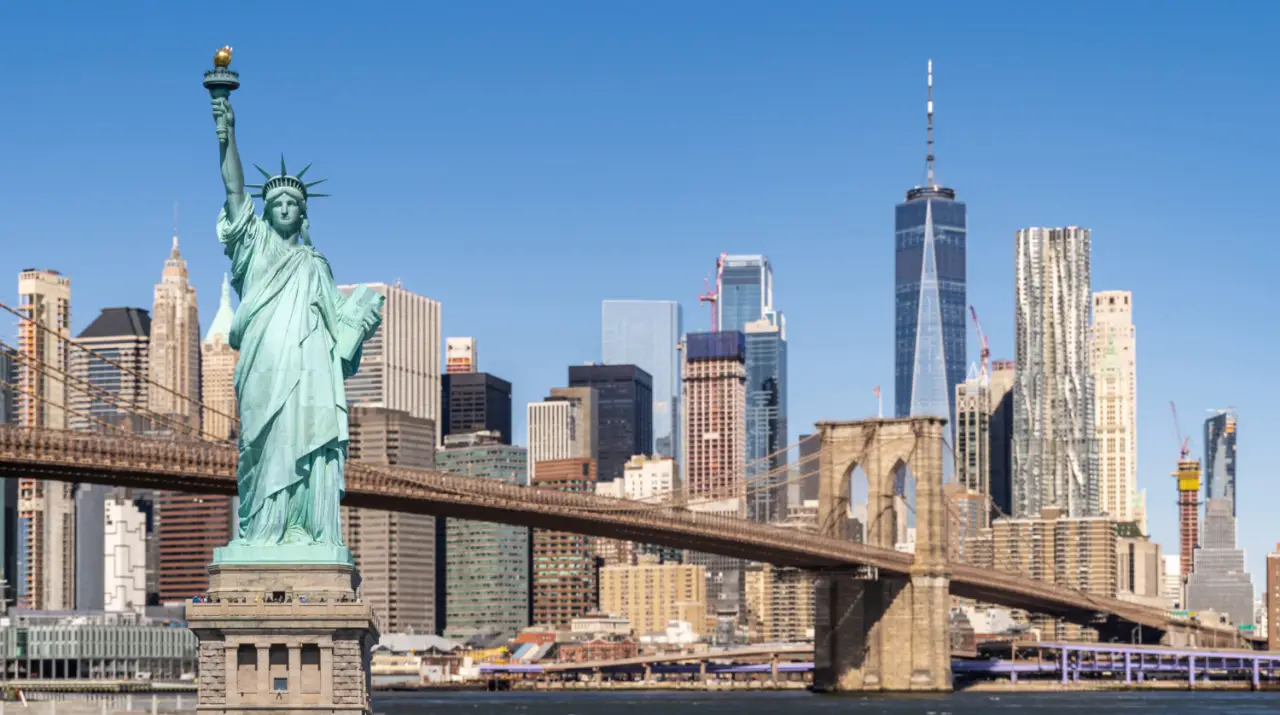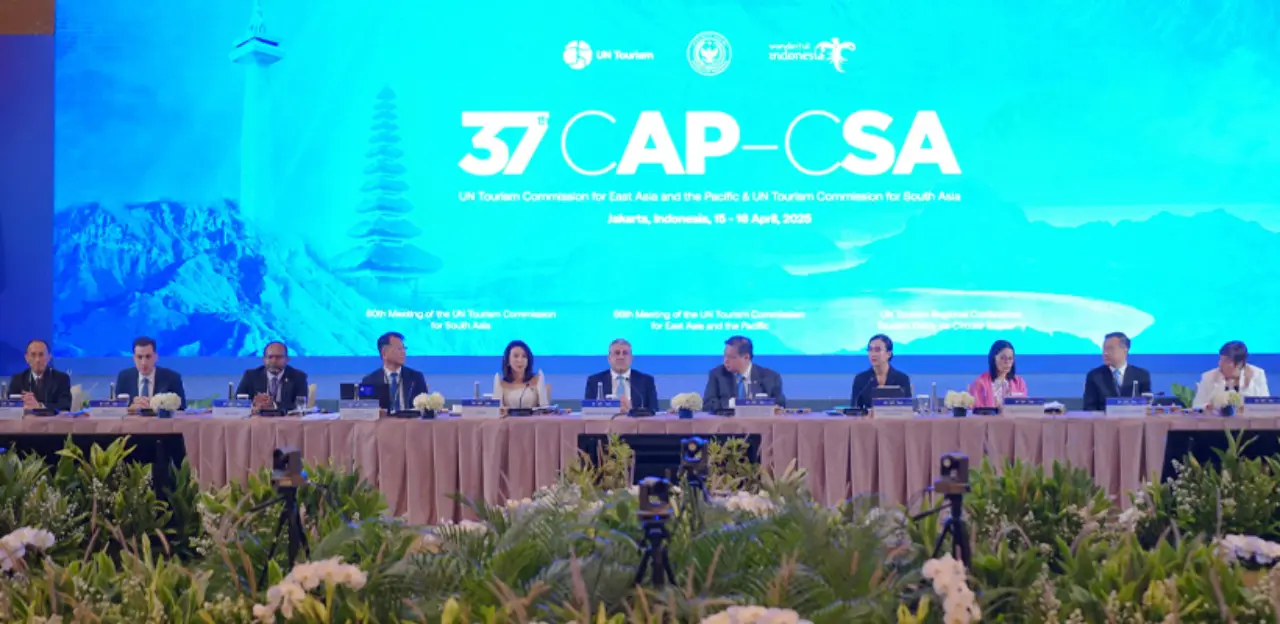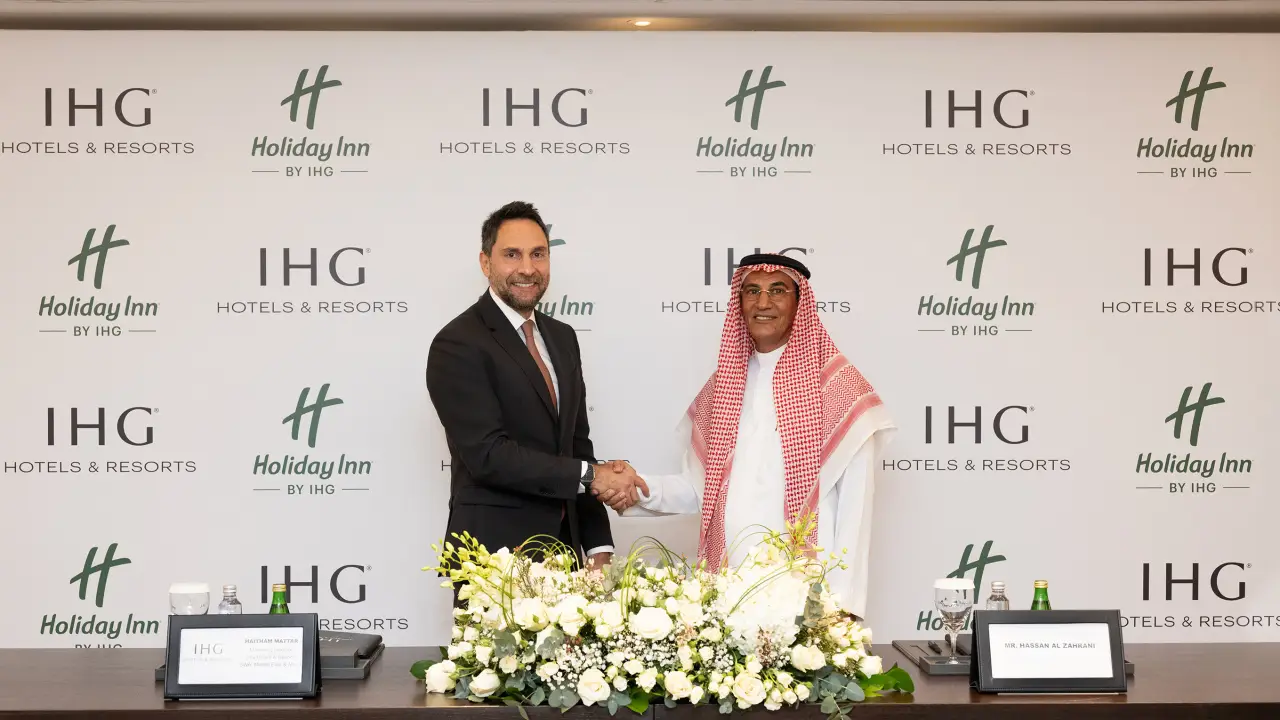The 3rd World Sports Tourism Congress (WSTC) recently transformed Madrid’s iconic Santiago Bernabéu Stadium into a global hub for sports tourism on November 28-29.
Organized by UN Tourism in partnership with the Government of the Region of Madrid and supported by Visit Nayarit and Turkish Airlines, the event brought together over 300 participants, including ministers, industry experts, and renowned athletes, to discuss the future of sports tourism.
The congress, themed “Tourism and Sport Creating a Lasting Legacy for Destinations,” focused on sports tourism’s significant role in driving sustainable growth and fostering inclusivity.
The event, which included keynote speeches, thematic panels, and networking opportunities, provided a platform for leaders to exchange ideas and develop strategies for using sports as a transformative force for destinations worldwide.
One of the congress highlights was the participation of celebrated sports figures, such as Gilberto Godoy, Olympic volleyball medallist and UN Tourism Ambassador for Sports Tourism, and Gabriela Szabo, Romanian Olympic medallist and former Minister of Youth and Sports. Their contributions shed light on how sports tourism promotes accessibility, inclusivity, and cultural exchange.
Paralympic medallist Teresa Perales also shared valuable insights, emphasizing the importance of ensuring all travelers, regardless of ability, can participate in the growing sports tourism sector.
Key Themes and Panels
Attendees explored critical topics such as integrating sports tourism into government agendas, optimizing sponsorship opportunities, and creating legacies beyond infrastructure. The economic impacts of hosting major sports events, strategies for destination branding, and the link between sports tourism and health were among the top issues discussed.
A standout panel titled “Racing to the Top: Formula 1 Driving Tourism Destination Development” examined the influence of Formula 1 events on tourism and city branding. Representatives from major circuits and the Fédération Internationale de l’Automobile (FIA) detailed how hosting a Grand Prix can elevate a city’s global profile, attract millions of visitors, and stimulate local economies. This discussion comes as Madrid prepares to host the Spanish Grand Prix starting in 2026, a move expected to position the city as a leading sports tourism destination.
A Platform for Innovation
Since its inception, the WSTC has emerged as a vital platform for advancing sports tourism globally. This year’s congress reinforced its status by featuring diverse perspectives from both public and private sectors. Networking sessions and side events encouraged collaboration, paving the way for innovative projects that aim to redefine the intersection of sports and travel.
The event also underscored Madrid’s growing prominence as a sports tourism hub. With a blend of world-class facilities, rich cultural heritage, and an ambitious vision for hosting international sports events, the city continues to set benchmarks in the field.
As the congress concluded, participants left with actionable insights and a shared commitment to making sports tourism a driver of sustainable development. With its focus on inclusivity, legacy-building, and global collaboration, the WSTC is poised to play a central role in shaping the future of sports and travel.













